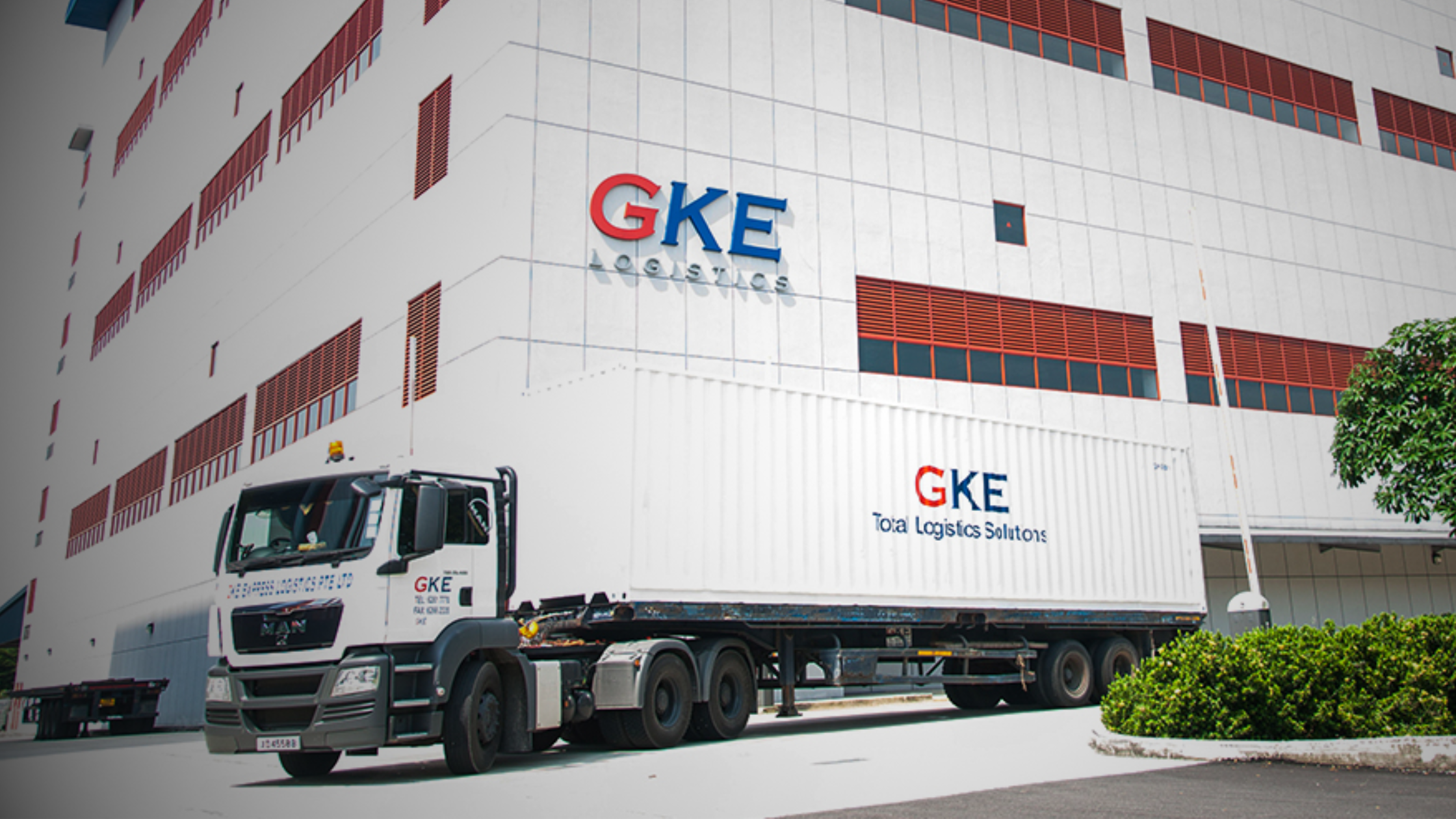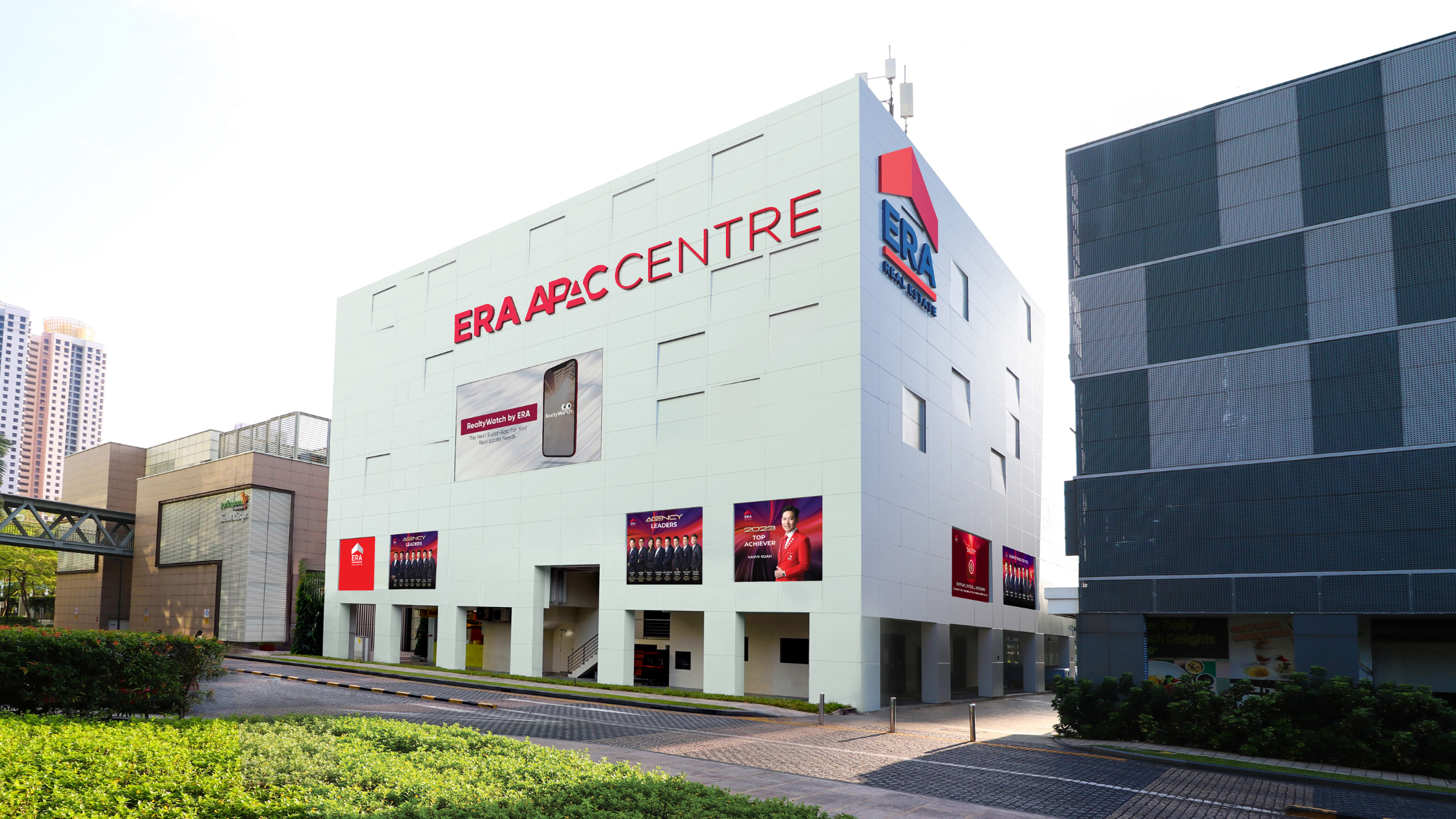Inflation in Singapore is heating up! In May 2024, headline inflation rose to 3.1% year-over-year (yoy), driven mainly by higher private transport costs. Core inflation, which excludes volatile items like food and energy, also stayed at 3.1% yoy. This comes as no surprise given Bloomberg’s consensus forecasts, but it does signal some challenges ahead. So, what does this mean for you as an investor?
Let’s dive into the key takeaways and explore actionable steps you can take.
3 Key Takeaways
1. Rising Private Transport Costs
In May, private transport inflation surged to 2.8% yoy, a notable increase from April’s 0.3%. This spike is primarily due to higher prices for cars and motorcycles. Despite an expected increase in the Certificate of Entitlement (COE) supply later this year, private transport costs are likely to remain high. Petrol prices have been climbing, up 15.3% yoy so far in June, adding to the pressure.
2. Food Prices Under Threat
Although food inflation remained stable at 2.8% yoy in May, there’s an upside risk due to Malaysia’s recent diesel subsidy cuts. Singapore relies heavily on fresh food imports from Malaysia, and the higher diesel costs are expected to push food prices up in the second half of the year. Global food price volatility, as indicated by the Bloomberg Commodity Index (BCOM), could further exacerbate this issue.
3. Stable Core Inflation but Elevated Costs
Core inflation, which held steady at 3.1% yoy in May, reflects a mixed bag of rising services costs and declining prices in electricity, gas, and retail goods. This stability in core inflation suggests that while some cost pressures are easing, others persist, particularly in services.
What Can Investors Do?
- Monitor the Transport Sector: Given the persistent high costs in private transport, consider investing in sectors that benefit from increased vehicle prices and COE rates. Automotive companies and related industries might see a boost in revenues.
- Stay Ahead of Food Inflation: With anticipated increases in food prices, stocks of companies involved in food production and supply chains could become attractive. These firms may have the ability to pass on higher costs to consumers, protecting their profit margins.
- Diversify Holdings: The mixed signals from core inflation suggest the need for a diversified portfolio. Include assets that can hedge against inflation, such as commodities, real estate, and inflation-protected securities (TIPS).
Proactive portfolio management to navigate inflation
In summary, Singapore’s inflation is on the rise, with significant implications for investors. By staying informed and strategically adjusting your portfolio, you can navigate these inflationary pressures effectively. Keep an eye on sectors poised to benefit from current trends and ensure your investments are well-diversified to mitigate risks.
Don’t wait—review your investment strategy today and stay ahead of the curve!
Disclaimer: ProsperUs Head of Content & Investment Lead Billy Toh doesn’t own shares of the company mentioned.









